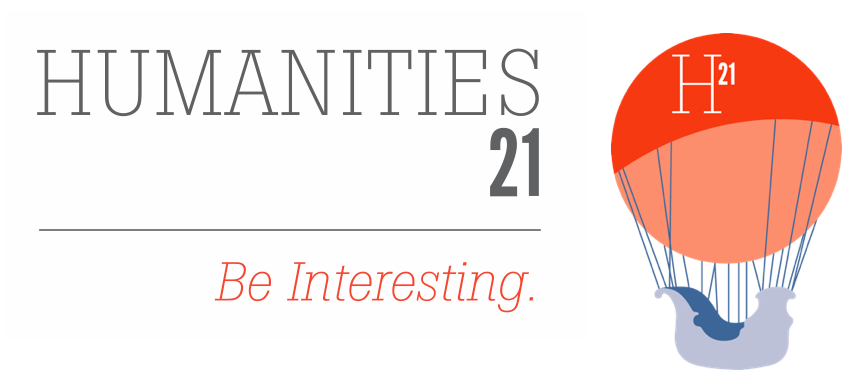Arts@work profile — TIM OULD
Tim Ould works as a Research Officer at the Grimwade Centre for Cultural Materials Conservation, University of Melbourne.
He holds a BA (Hons) in Art History, Criticism and Conservation from the University of Melbourne.
Read more about Tim’s career journey below.
What did you study and what inspired you to pursue this path?
I was fascinated by Italian Art, and I guess I had a talent for writing, so for me, a Bachelor of Arts at the University of Melbourne was a ‘nobrainer’. I was also attracted to the variety on offer in doing a BA – philosophy, literature, French, Italian, Art History. I had had a few research assistant roles within the then Fine Arts Department at the University of Melbourne, alongside a few ‘odd’ jobs – managing the front desk of a student counselling service – and I also worked with Sue Walker, the founding director of the Victorian Tapestry Workshop (now the Australian Tapestry Workshop) as well working on a project which involved extensive cataloguing. In about 2004/2005 Robyn Sloggett was looking for a research assistant for a grant writing project, and I was recommended by Alison Inglis, and since then I have never looked back! I realise I am actually very lucky to work with art every day; it’s a dream really.
What is your current occupation?
I am a Research Officer at the Grimwade Centre for Cultural Materials Conservation, University of Melbourne.
What aspects of your role do you enjoy the most?
It’s a very diverse role; to give you an example, my day today will comprise working on a public programs grant for an exhibition for Indigenous Art from South-Western Victoria; this afternoon I will be marking students’ essays; and coordinating the Internship course, which is a compulsory part of the Masters of Culture, Materials and Conservation. I think probably I most enjoy the writing component of my job – grants, reports, writing for public engagement, website and press releases. I also really like editing other people’s work and correcting students’ work.
Thinking back, what was a highlight of your tertiary study?
Probably visiting Italy as a researcher. I had the opportunity to visit the residence of the French Ambassador to the Holy See, which was simply extraordinary; an ‘out of this world’ experience. I also had an amazing encounter with Piero della Francesca’s frescoes when visiting Arezzo. The frescoes were under conservation of but because I was a researcher, I was given ‘carte blanche’ and allowed to view the conservation work up close, to the point of being allowed on the scaffolding! And finally, finishing my degree and completing my thesis was particularly gratifying, and yes, a highlight of my tertiary study.
Were there any co-curricular activities you found particularly valuable?
Yes, I think languages. I find they really stretch your mind in a different way (to other disciplines) and give you a different perspective. I remember watching the French news on SBS covering the Gulf War, and how completely different the reportage was from the Australian news coverage
How do you think your humanities education has shaped you personally and professionally?
I think an arts degree is quite self-directed. Within the formal education components, as a student, you get to research independently, to devise a methodology for answering questions. I really enjoy this process. In my role now, I still employ these same processes.
What career advice would you give to current students or recent graduates?
Follow your passion. Being motivated is very important. Equally, you also need to be a bit flexible in your thinking and direction.
Finally, what book have you recently read that truly captured your attention?
I have been reading a lot of memoirs recently. Madame de Stäel by Maria Fairweather is really fascinating.


